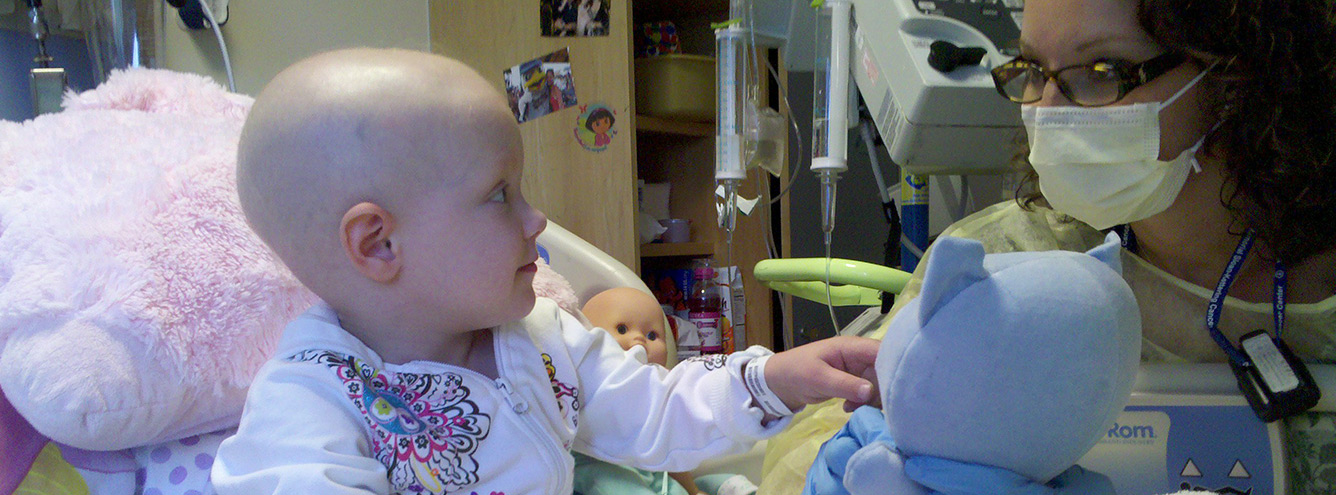What and who you take to the first hospital visits can have a huge impact on your child’s comfort, and yours.
The days immediately before and after diagnosis will be filled with hospital appointments, tests and long waits. These hospital packing tips from parents will help you and your child feel calmer and more comfortable at this very difficult time.
A Voice Recorder
Doctors will give you a great deal of information during your first appointments, and remembering it all will be almost impossible. Record conversations so you can play them back later. Ask the doctor’s permission first – they will usually be happy to oblige. Use a voice recorder (or download an app) on your smartphone or tablet, or a handheld device such as a Dictaphone.
A Friend
You need to be an advocate for your child, and an extra pair of ears can be helpful when the doctor is talking to you. Some decisions must be made quickly, and a friend can provide valuable emotional support. Take someone you can rely on for strength and clear thinking – some parents find themselves having to support an emotionally overwhelmed friend.
Food
Your first days at the hospital will probably be long. You’ll eat far more healthily if you take food from home, than relying on the hospital shops, cafeteria or vending machines.
Taking your own food will probably be cheaper too. This is an excellent time to accept offers of help from friends. If people ask “is there anything I can do?”, ask them to prepare you some healthy packed lunches, and perhaps even bring them around to the hospital so you have some company during the day – if they live close by.
Be sensitive about children’s fasting restrictions. Do not eat, or discuss food in front of a fasting child. Ask friends to not hand over food in front of a fasting child when visiting the hospital.
A Little Treat
Allow some extra special comfort food into your bag for you and your child. Be very careful to not eat your treat in front of your child, and that neither you nor your child eat or discuss the treat in front of any other child who is fasting before a general anaesthetic.
Anti Bacterial Gel / Wipes
Get used to having these around if your child will be receiving chemotherapy.
Topical Anaesthetic
Special cream or spray can be applied to the surface of the skin to numb it before a needle stick, so your child does not feel the pain. Often this is given on prescription. Ask your child’s doctor about this as early as possible.
Toys and Comforters
Children’s hospitals and departments will usually have plenty of resources to occupy young patients. Departments that are not specifically paediatric tend to have fewer supplies and designated play space. If you are unsure, call in advance to find out what is available, including child life support attached to the department.
One or two favourite toys and huggable comforters from home can help to calm your child during long waits, and maintain a sense of familiarity. You may wish to bring more options if the hospital has fewer resources and depending on the duration of your stay.
If your child is having a general anaesthetic, avoid toys or books that have an association with food, as you want to divert attention away from thoughts of food and drink.
Bubbles
Blowing bubbles regulates breathing during stressful events. This is a good approach to practice at home, and can even be used with babies.
A Good Book
Waiting can be very nerve-wracking. Having a novel, magazine or other reading material to absorb your mind may help you stay calm.
Heat / Cool Pad
These pads are very soothing for your neck or back on long hospital days. Many wards and clinics have a microwave that you can use to heat a wheat and lavender pillow.
Change of Clothes
Have an emergency set for yourself and your child, in case there is a little accident or your child is admitted overnight.


